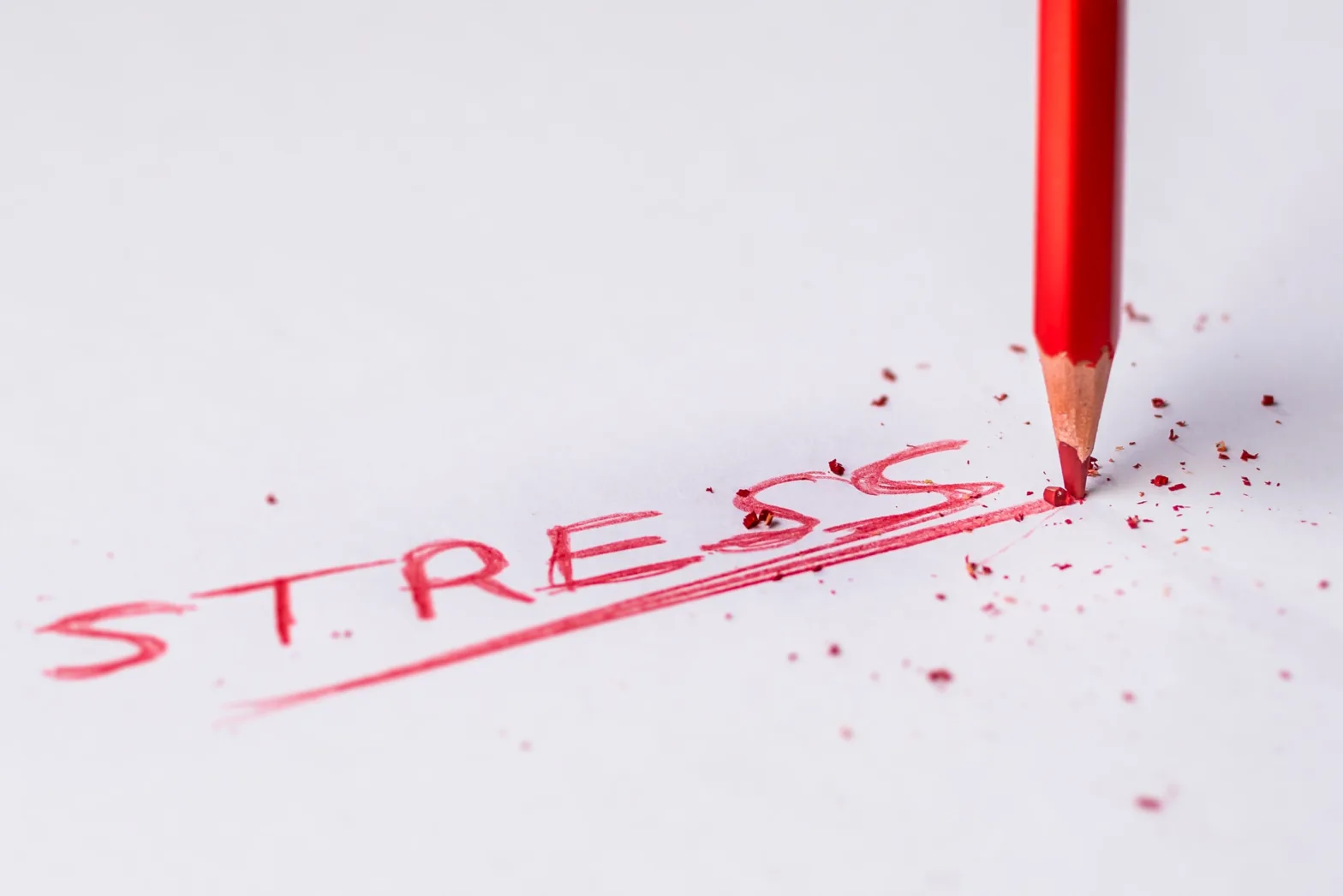Modern life is fast-paced, demanding, and often stressful. Balancing work, family, and personal responsibilities can leave us feeling overwhelmed and exhausted. In such times, it is crucial to have effective stress management techniques that can help us find calm and regain balance. This article explores various quick stress busters that are applicable to our modern-day lives. These techniques are designed to be easily integrated into our daily routines, providing immediate relief and promoting overall well-being.
Deep Breathing: One of the simplest and most effective stress busters is deep breathing. Taking slow, deep breaths can activate the body’s relaxation response and calm the mind. Close your eyes, inhale deeply through your nose, hold your breath for a few seconds, and then exhale slowly through your mouth. Repeat this several times, focusing on the sensation of your breath, and feel the tension melt away.

Mindful Meditation: Mindfulness meditation is a powerful practice that helps us focus our attention on the present moment, letting go of worries and stressors. Find a quiet place, sit comfortably, and close your eyes. Take a few deep breaths, and then bring your attention to your breath, the sensations in your body, or any other point of focus. Notice your thoughts and emotions without judgment, allowing them to come and go. With regular practice, mindfulness meditation can enhance your ability to manage stress and cultivate a sense of peace.
Physical Exercise: Engaging in physical exercise is an excellent way to relieve stress and boost your mood. Whether it’s going for a brisk walk, practicing yoga, or hitting the gym, physical activity releases endorphins, which are natural stress fighters. Find an exercise routine that suits your preferences and schedule, and make it a regular part of your life. Not only will it help you manage stress, but it will also improve your overall health and well-being.

Creative Expression: Engaging in creative activities can provide an outlet for stress and emotions. Whether it’s painting, writing, playing a musical instrument, or cooking, expressing yourself creatively can be cathartic and soothing. Take time to explore activities that bring you joy and allow you to tap into your creativity. It can serve as a much-needed escape from the pressures of daily life and provide a sense of accomplishment and fulfillment.
Social Support: Connecting with others is a powerful stress buster. Seek support from friends, family, or support groups when you’re feeling overwhelmed. Sharing your thoughts and feelings with trusted individuals can provide emotional relief and a fresh perspective. Additionally, spending quality time with loved ones and engaging in meaningful conversations can boost your mood and create a sense of belonging and support.

Time Management: Poor time management can contribute to stress and feelings of being overwhelmed. Take control of your schedule by prioritizing tasks, setting realistic goals, and delegating when necessary. Break larger tasks into smaller, manageable steps and create a structured routine that allows for adequate rest and relaxation. Efficient time management can help reduce stress and create a sense of accomplishment.
Positive Affirmations: Positive affirmations are powerful statements that can help shift your mindset and reduce stress. Repeat affirmations that resonate with you, such as “I am calm and capable,” “I can handle any challenges that come my way,” or “I choose to focus on the present moment.” By consciously replacing negative thoughts with positive affirmations, you can cultivate a more optimistic outlook and reduce stress levels.

Disconnect from Technology: The constant presence of technology can contribute to stress and anxiety. Take regular breaks from electronic devices, such as smartphones, computers, and televisions. Engage in activities that don’t require screens, such as reading a book, going for a walk in nature, or practicing mindfulness. Disconnecting from technology allows you to recharge, reconnect with yourself and the world around you, and reduce stress.
Humor and Laughter: Laughter truly is the best medicine when it comes to stress. Find ways to incorporate humor into your life, whether it’s watching a comedy show, reading funny books, or spending time with people who make you laugh. Laughter releases endorphins, reduces stress hormones, and promotes relaxation. Embrace humor and seek out moments of laughter to lighten your mood and relieve stress.

Self-Care: Prioritizing self-care is essential for managing stress. Take time to nurture yourself physically, mentally, and emotionally. Engage in activities that bring you joy and relaxation, such as taking a bath, practicing self-reflection, enjoying a hobby, or treating yourself to something special. By caring for yourself, you’ll replenish your energy, improve your resilience to stress, and maintain a healthier work-life balance.
It is important to remember that everyone is unique, and what works for one person may not work for another. It may take some trial and error to discover which stress busters are most effective for you. Experiment with different techniques and listen to your body and mind to find the strategies that resonate with you and provide the greatest relief.

In today’s fast-paced world, incorporating quick stress busters into our lives is essential for maintaining our well-being and managing the pressures of modern life. By implementing simple yet effective techniques like deep breathing, mindful meditation, physical exercise, creative expression, and seeking social support, we can reduce stress levels, find inner calm, and enhance our overall quality of life. Additionally, practicing time management, using positive affirmations, disconnecting from technology, embracing humor and laughter, and prioritizing self-care are all valuable strategies for combating stress and promoting a healthier and more balanced lifestyle.
————————————————————————–
Juggling Responsibilities: Maintaining Work-Life Balance for Long-term Happiness.
Walking for Wellness: 10 Surprising Health Benefits of Walking You Need to Know.













